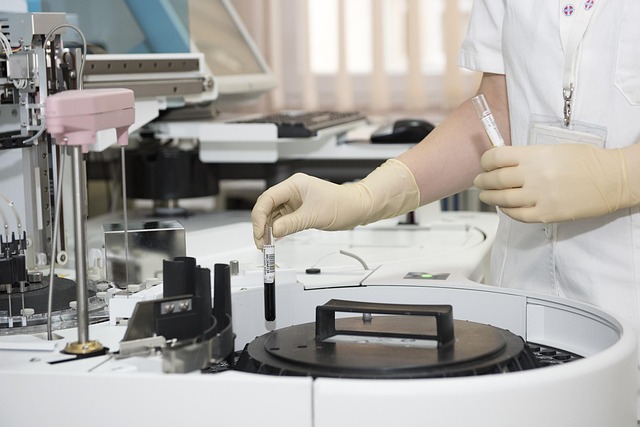In recent years, the landscape of healthcare has been dramatically transformed by the emergence of medical technology robots. These advanced machines are not just a testament to human ingenuity but also a beacon of hope for patients and healthcare professionals alike. As we delve into the realms of technological and health innovations, the impact of these intelligent robots becomes increasingly evident.
Technological Innovations
At the forefront of medical technology robots are innovations that enhance precision and efficiency within healthcare. From robotic-assisted surgeries to automated diagnostic tools, these technologies are reducing human error and elevating the quality of care provided to patients. For instance, surgical robots such as the Da Vinci Surgical System allow surgeons to perform minimally invasive procedures with enhanced control and flexibility. This translates to shorter recovery times and less discomfort for patients.
Furthermore, robots equipped with artificial intelligence are being deployed to streamline administrative tasks. By automating processes like patient scheduling and data management, healthcare professionals can focus more on delivering care rather than getting bogged down by paperwork. These developments not only optimize hospital operations but also contribute to a more satisfying patient experience.
Health Innovations
The realm of health innovations is equally exciting, as medical technology robots are playing a pivotal role in redefining treatment methods. One promising area is robot-assisted therapy, particularly for rehabilitation. Robots designed to assist with physical therapy provide patients with tailored treatment regimens, making rehabilitation more effective and engaging—especially for stroke survivors or individuals with mobility challenges.
Additionally, robotic companions are being designed to aid elderly patients by providing reminders for medication, assisting with daily tasks, and even offering companionship. This not only improves the quality of life for seniors but also alleviates some burden off family caregivers, making a substantial difference in how elderly care is approached.
The integration of medical technology robots opens up new ways to address long-standing healthcare challenges, from accessibility to personalized medicine. As we continue to embrace these innovations, the future of healthcare looks not only more efficient but also more humane, where technology supports and enhances the patient experience at every step.
As we stand on the brink of a robotic revolution in healthcare, it’s essential to recognize the profound impact these technologies hold for our society. The merging of robotics and health continues to pave the way for a healthier, more efficient, and caring world.




